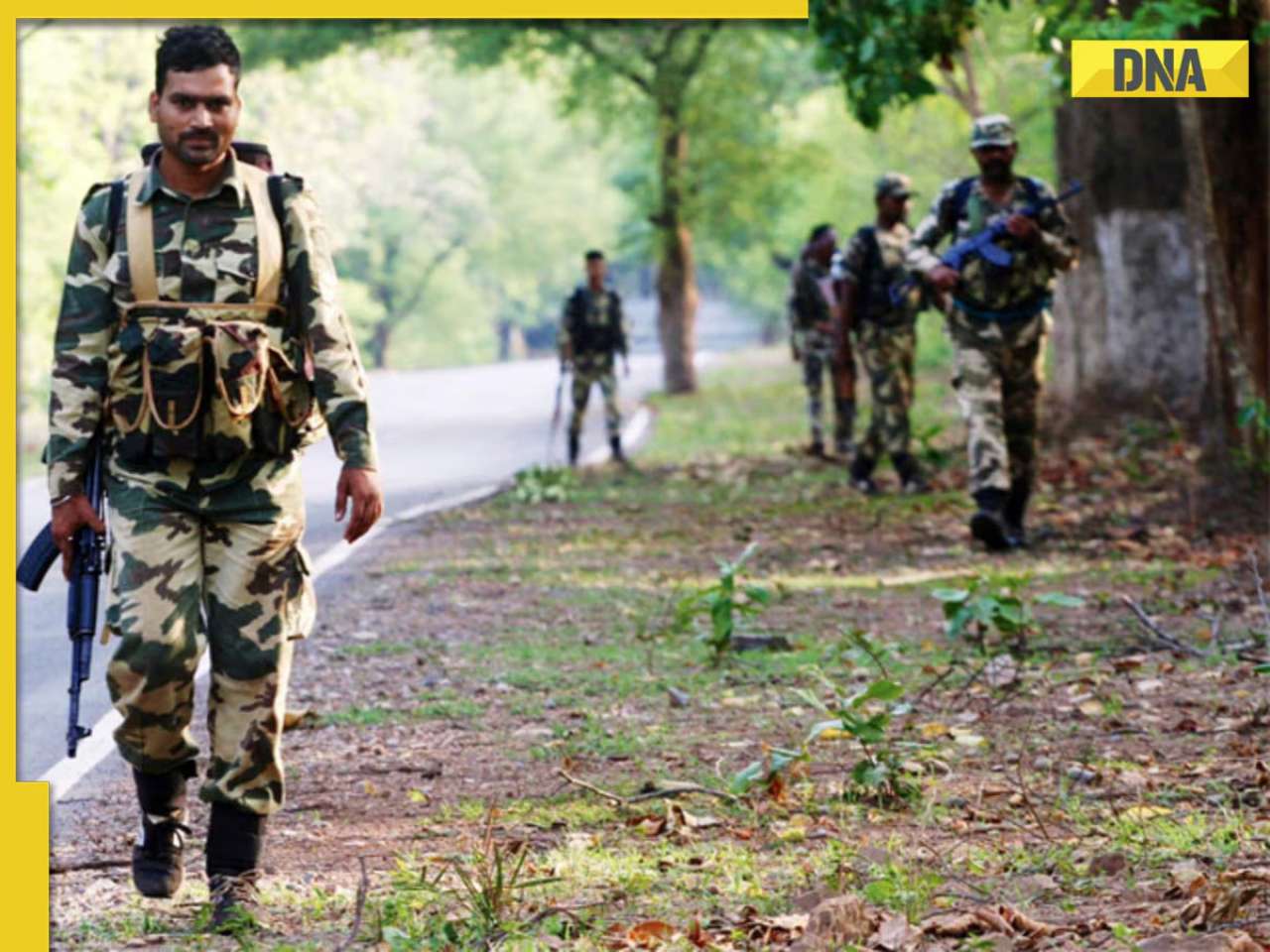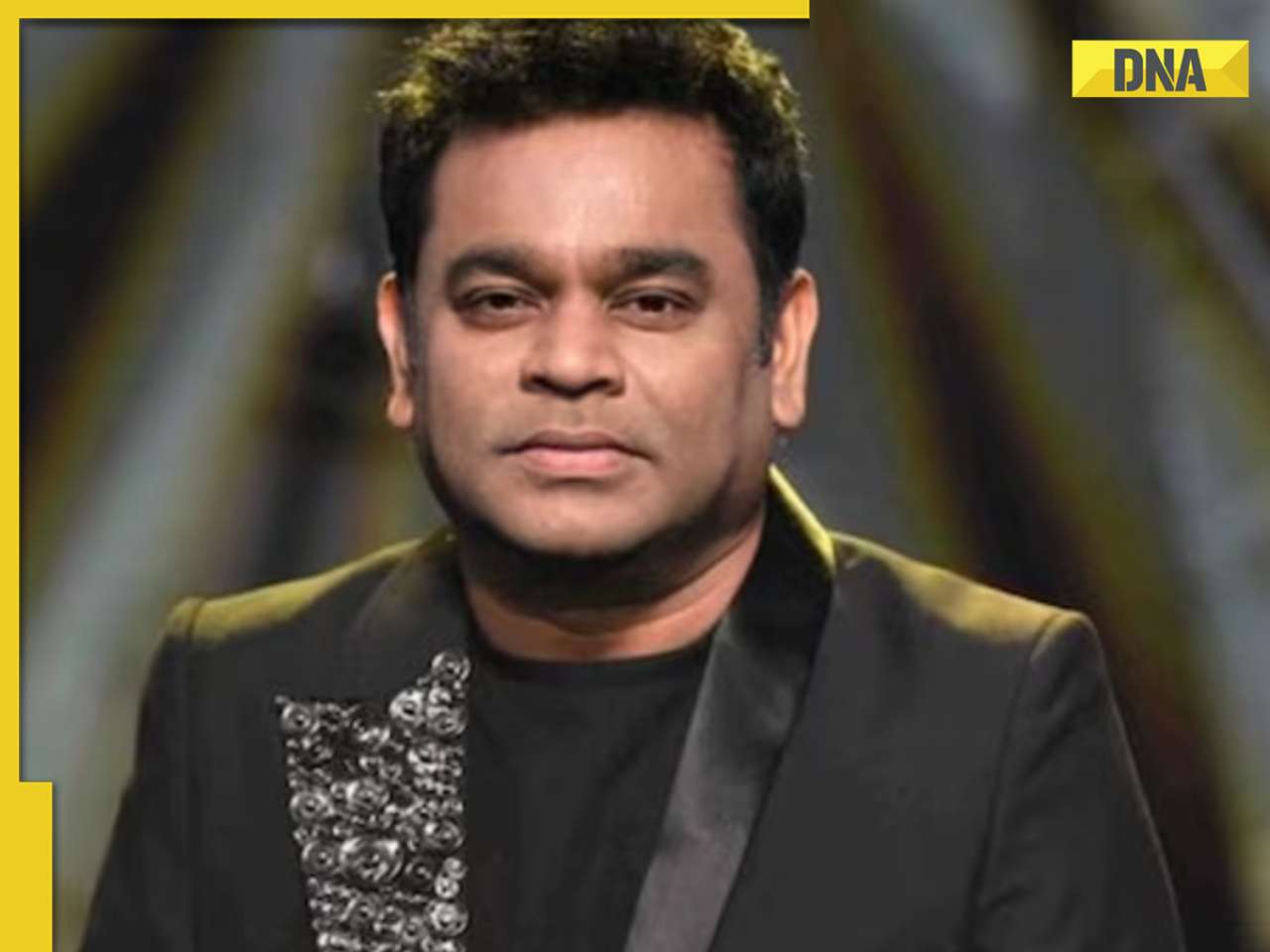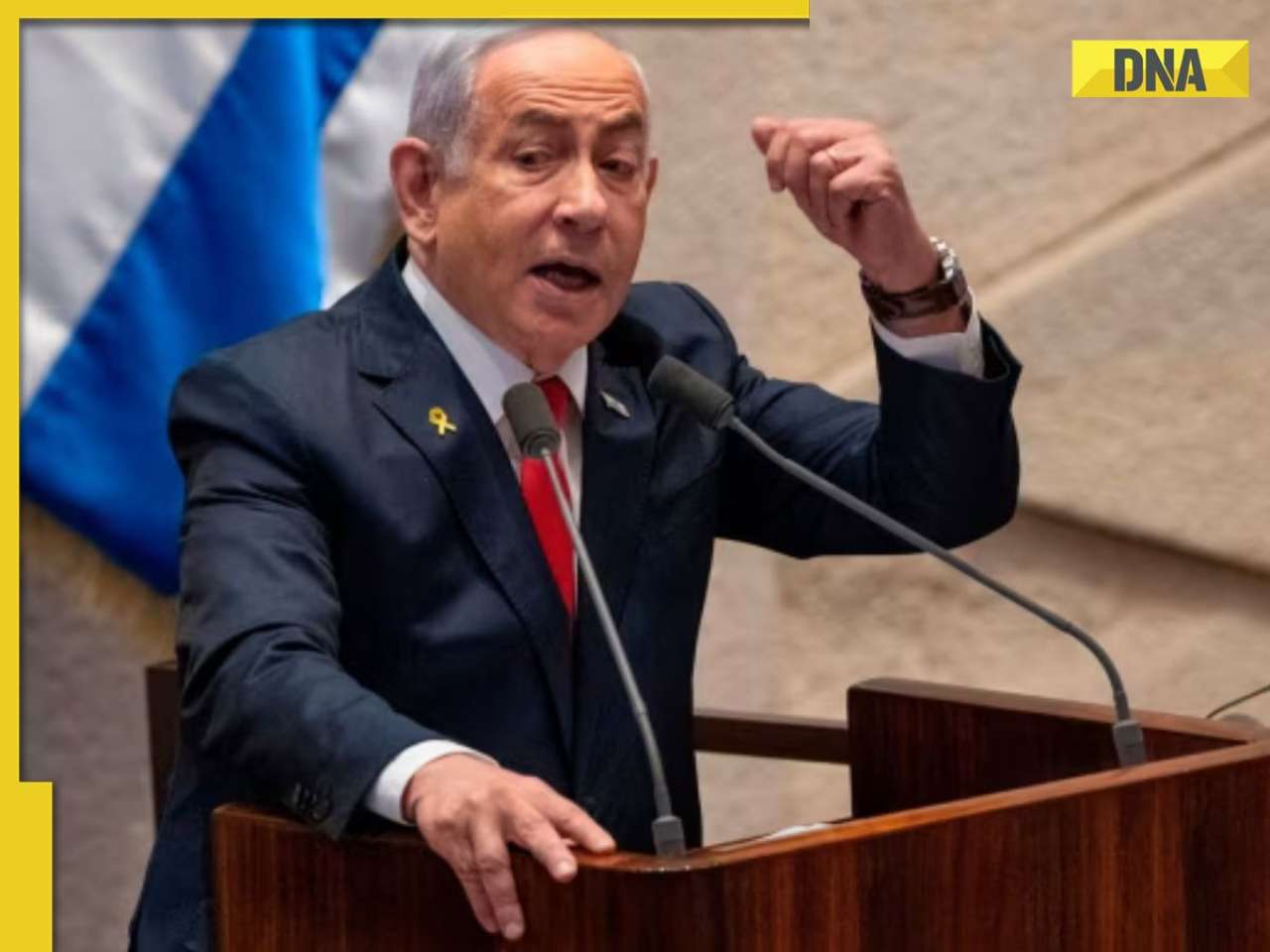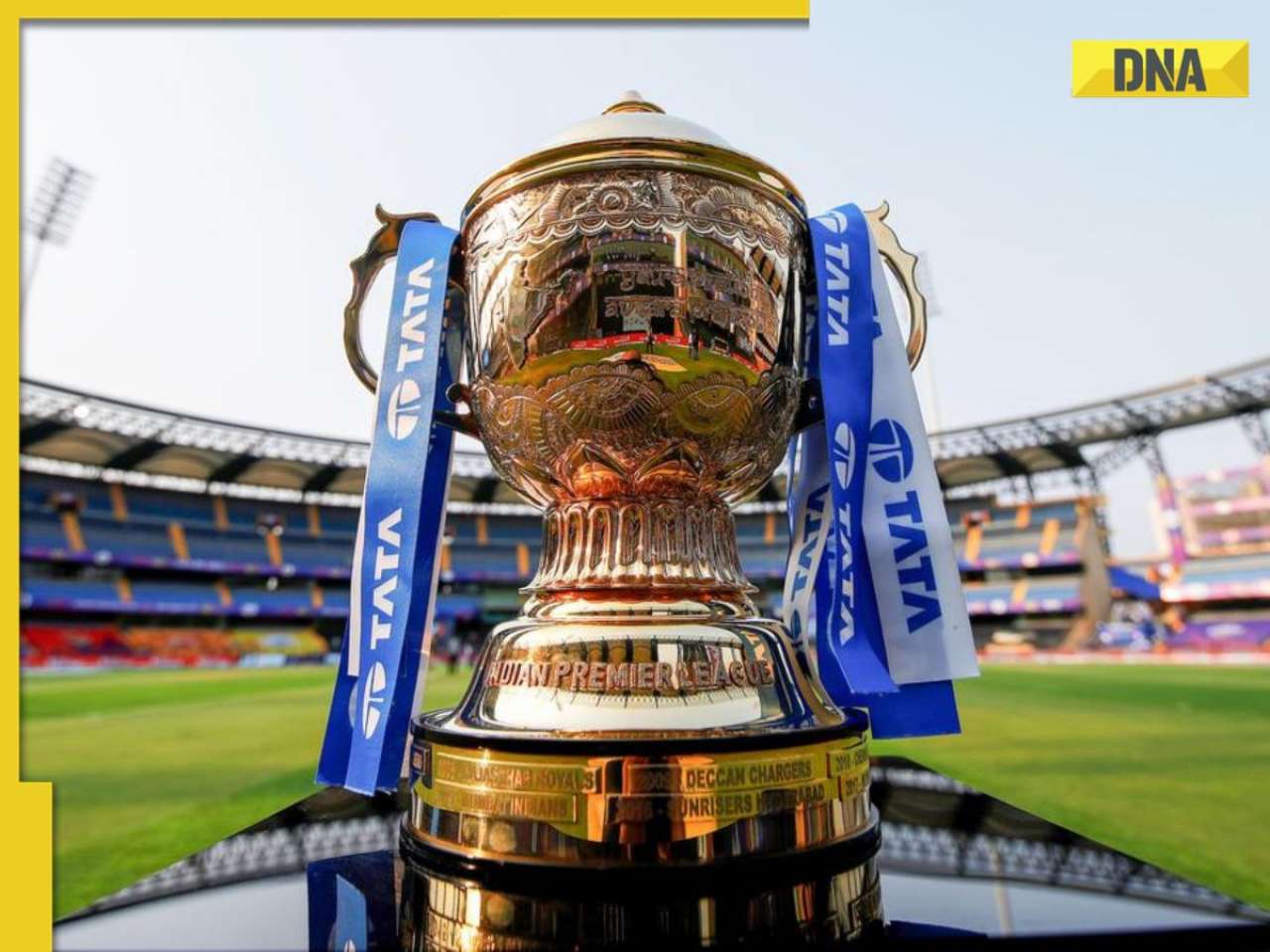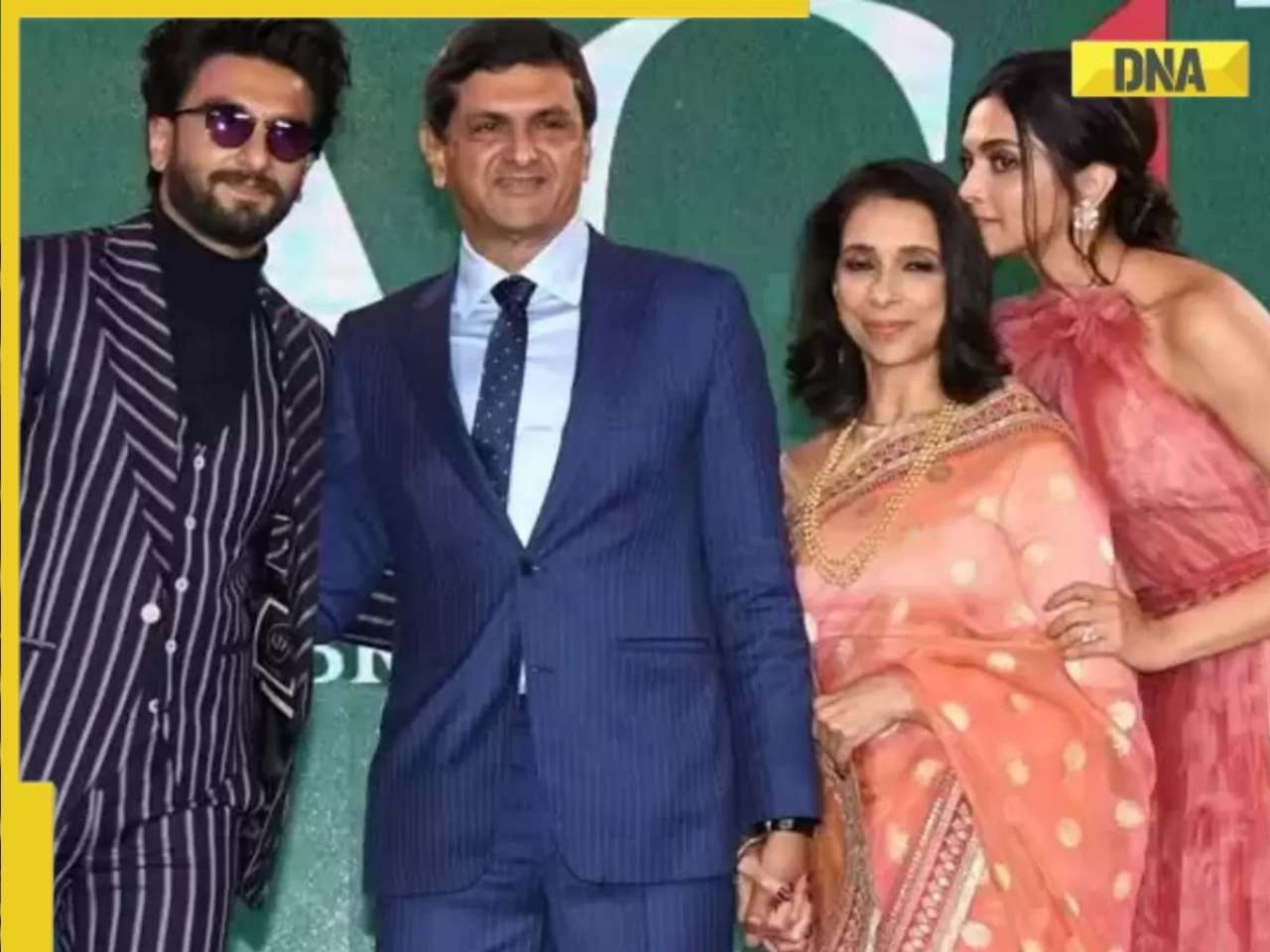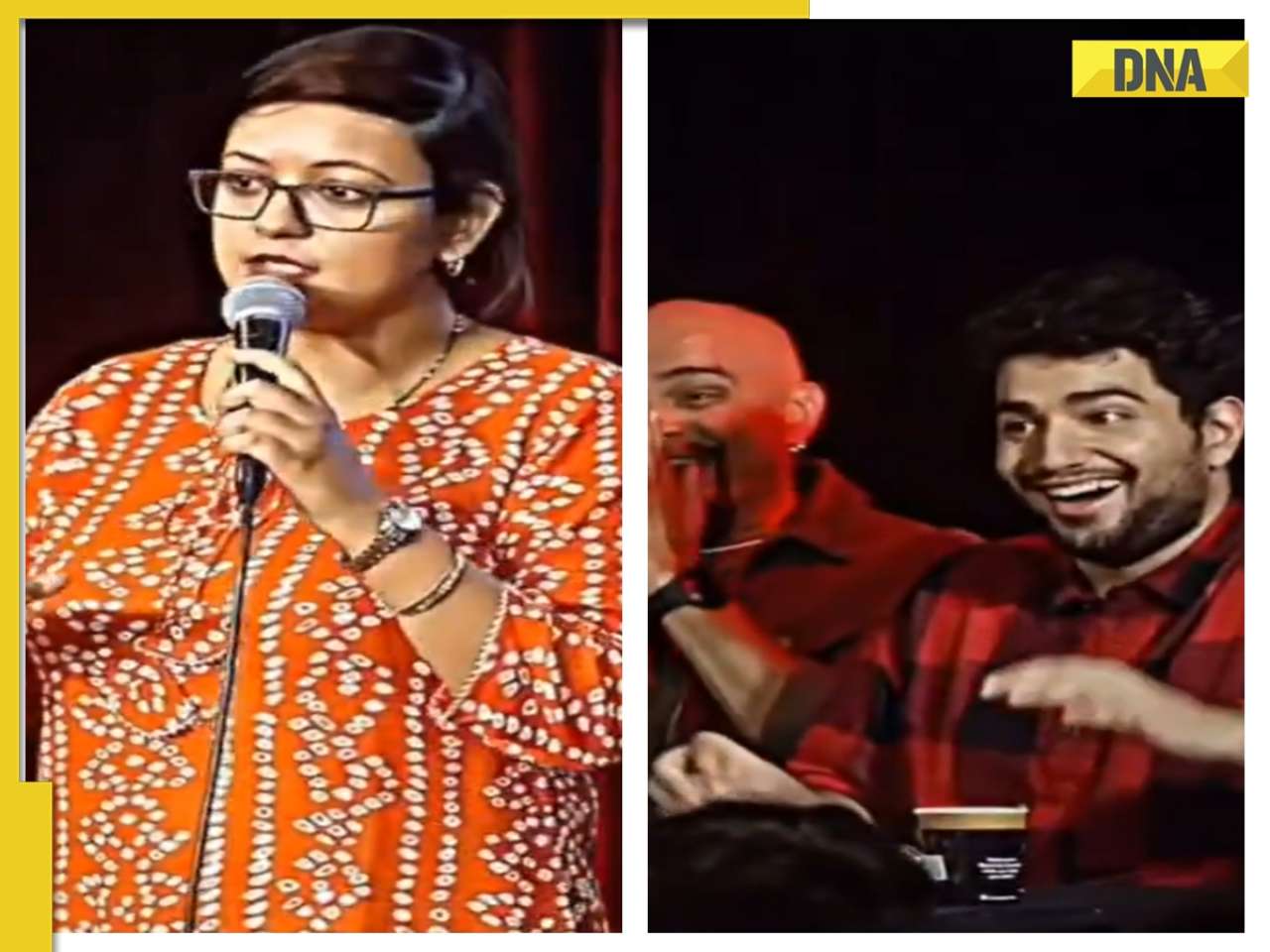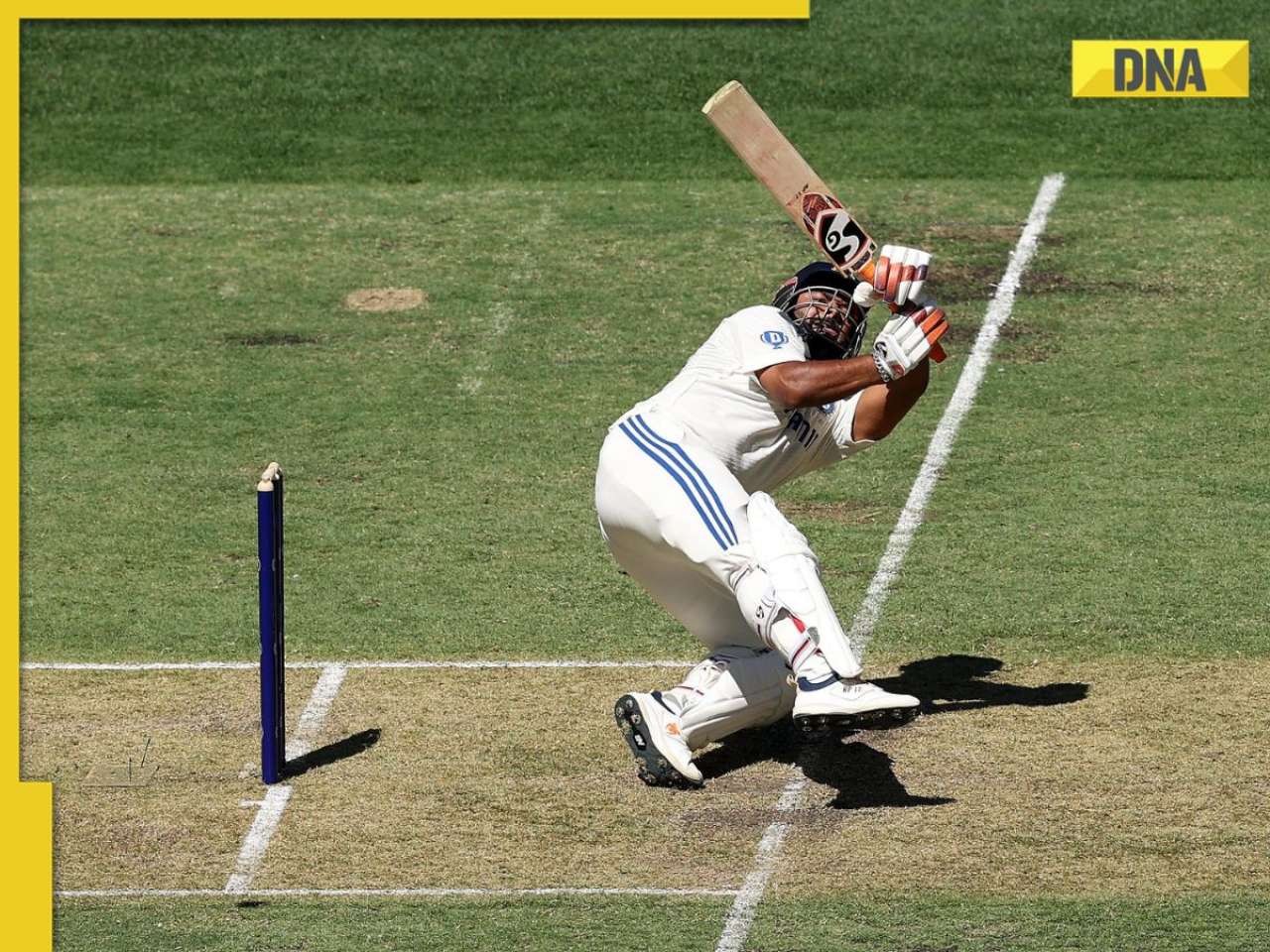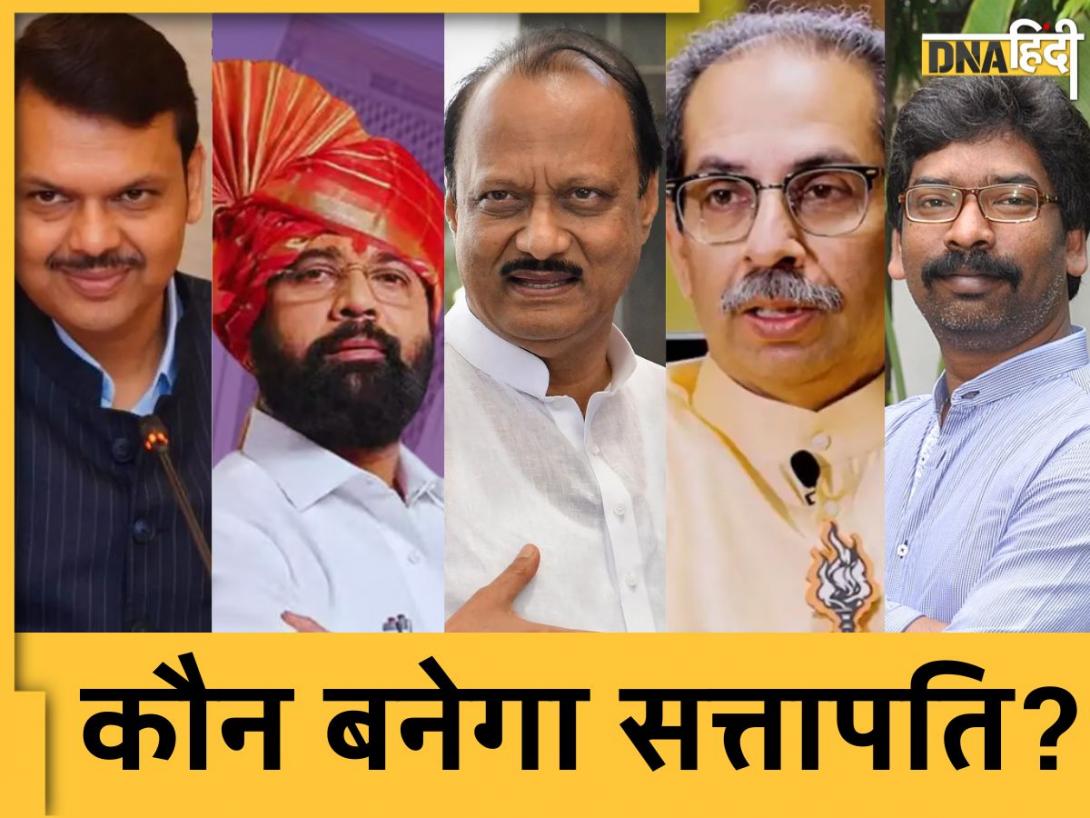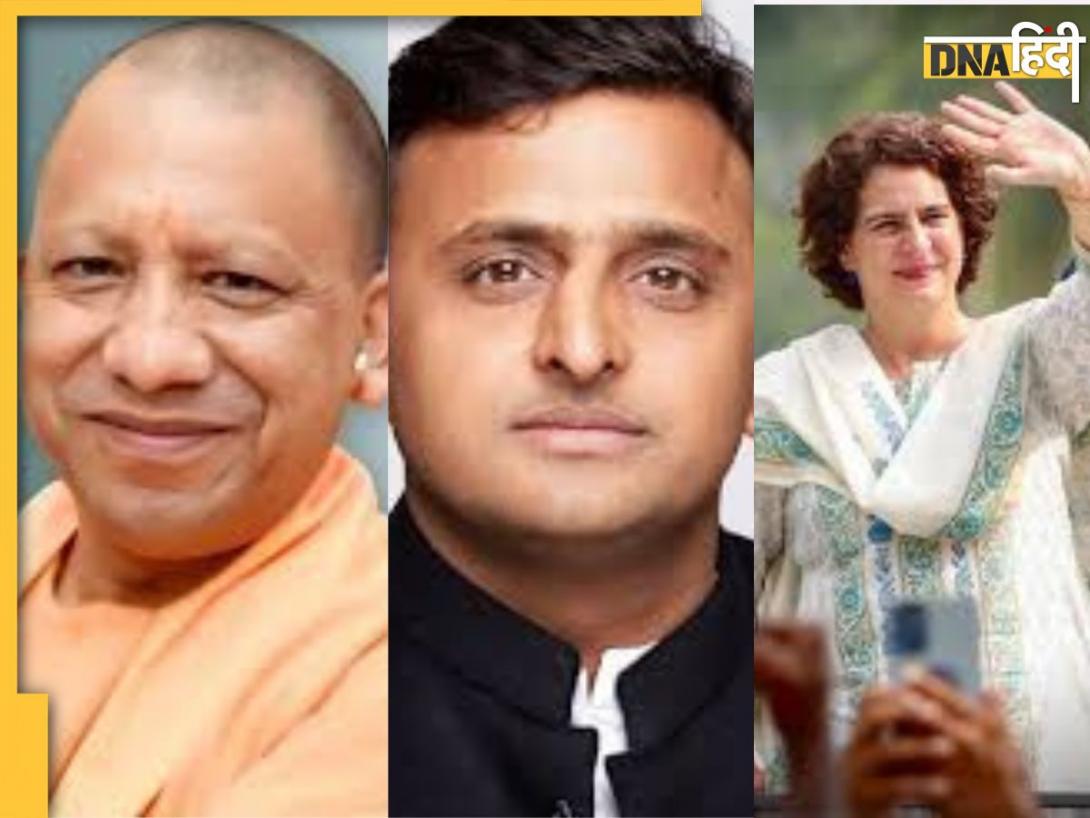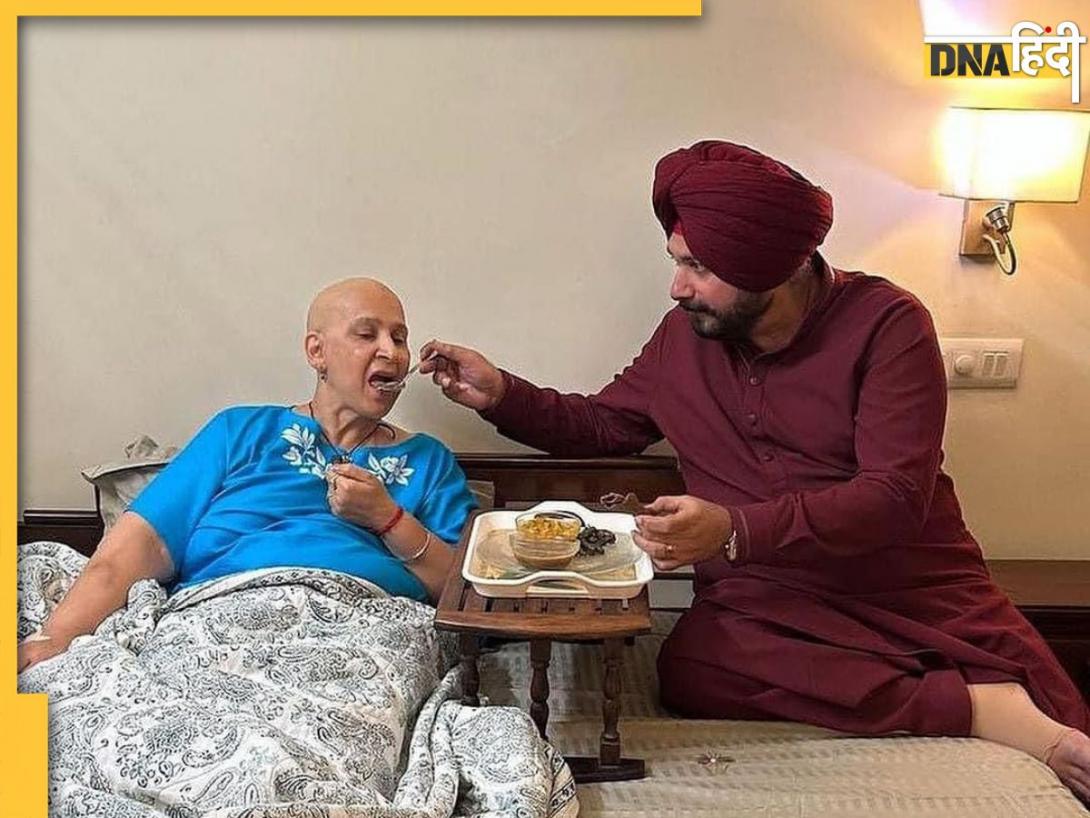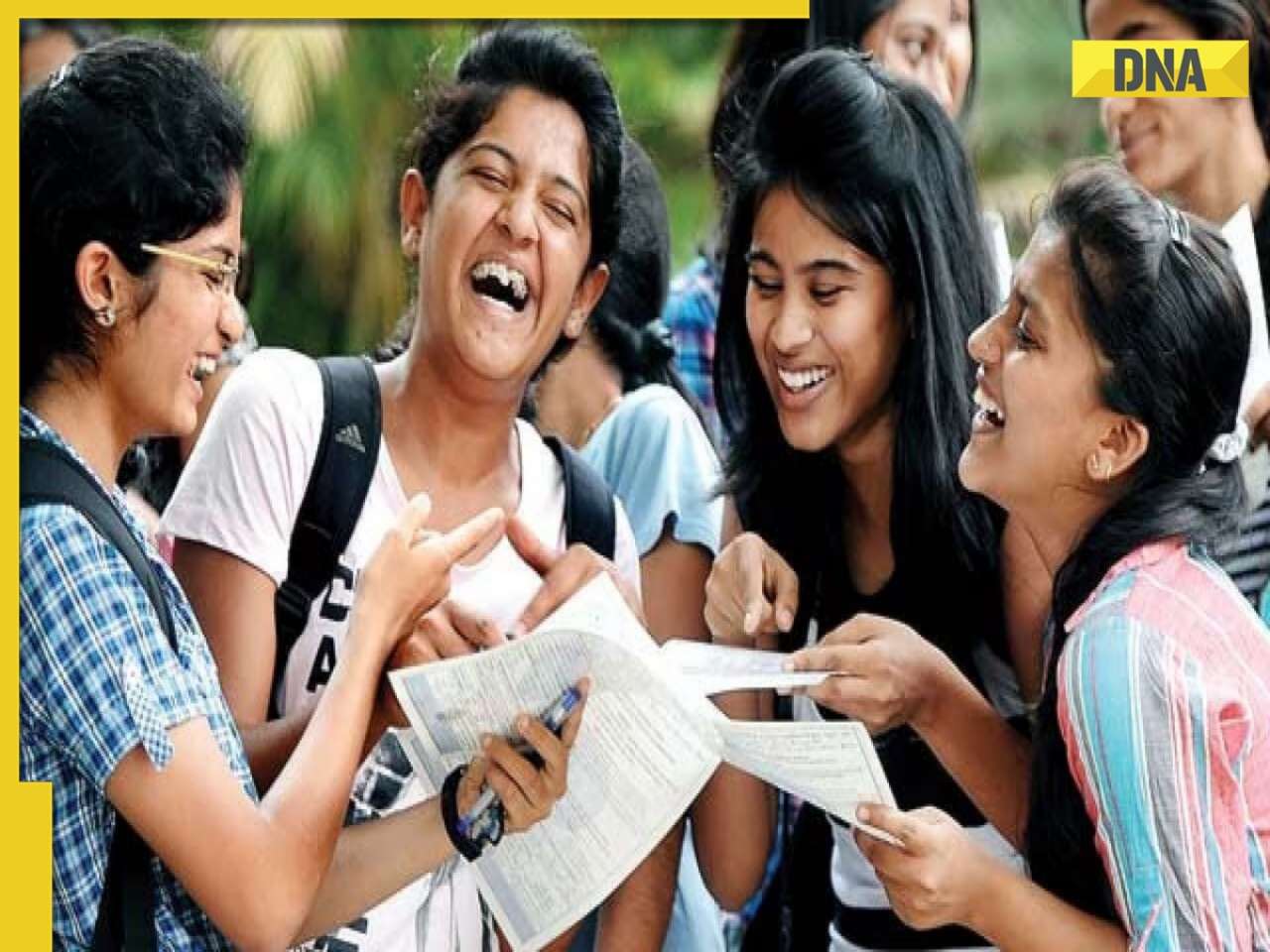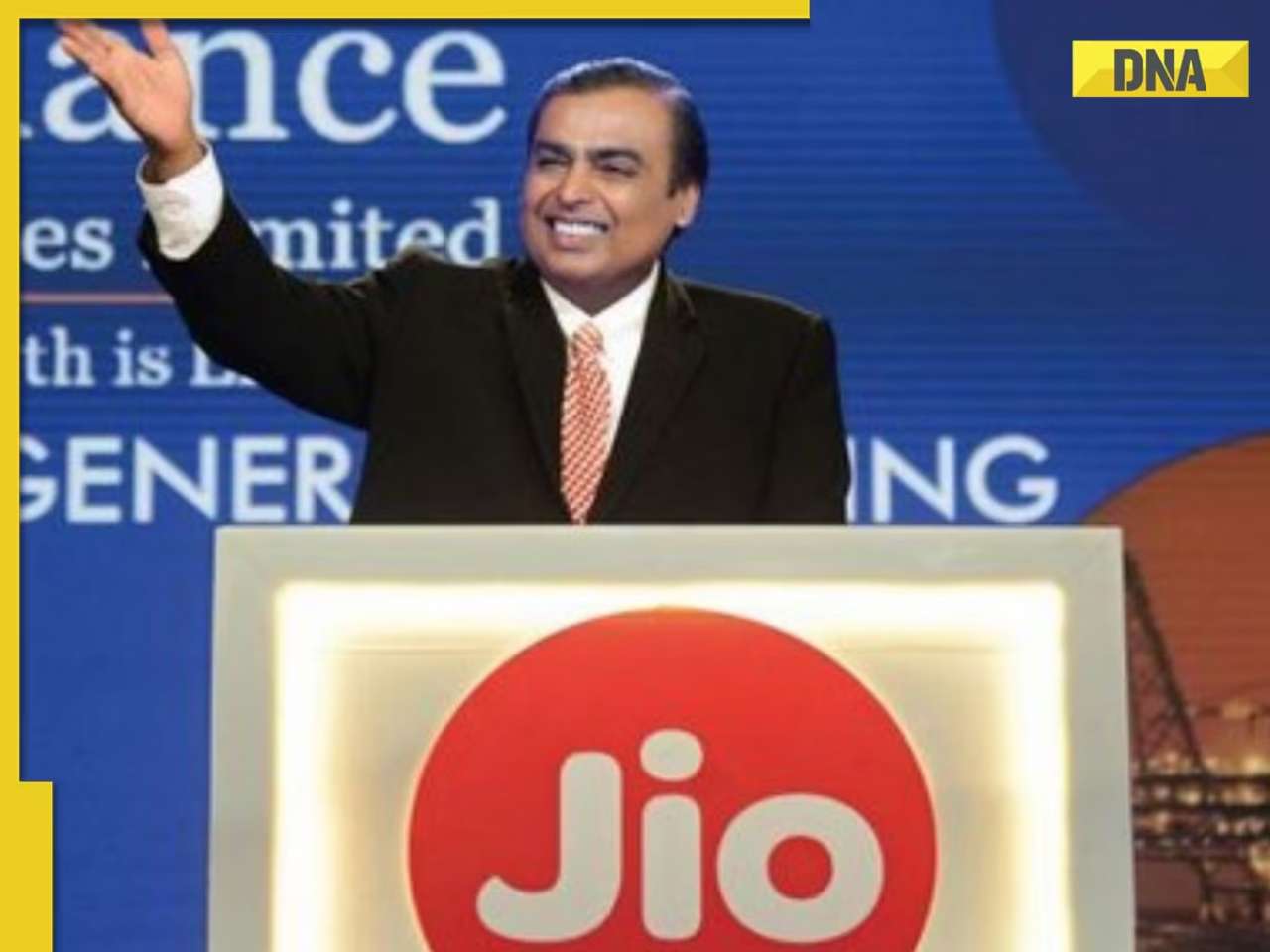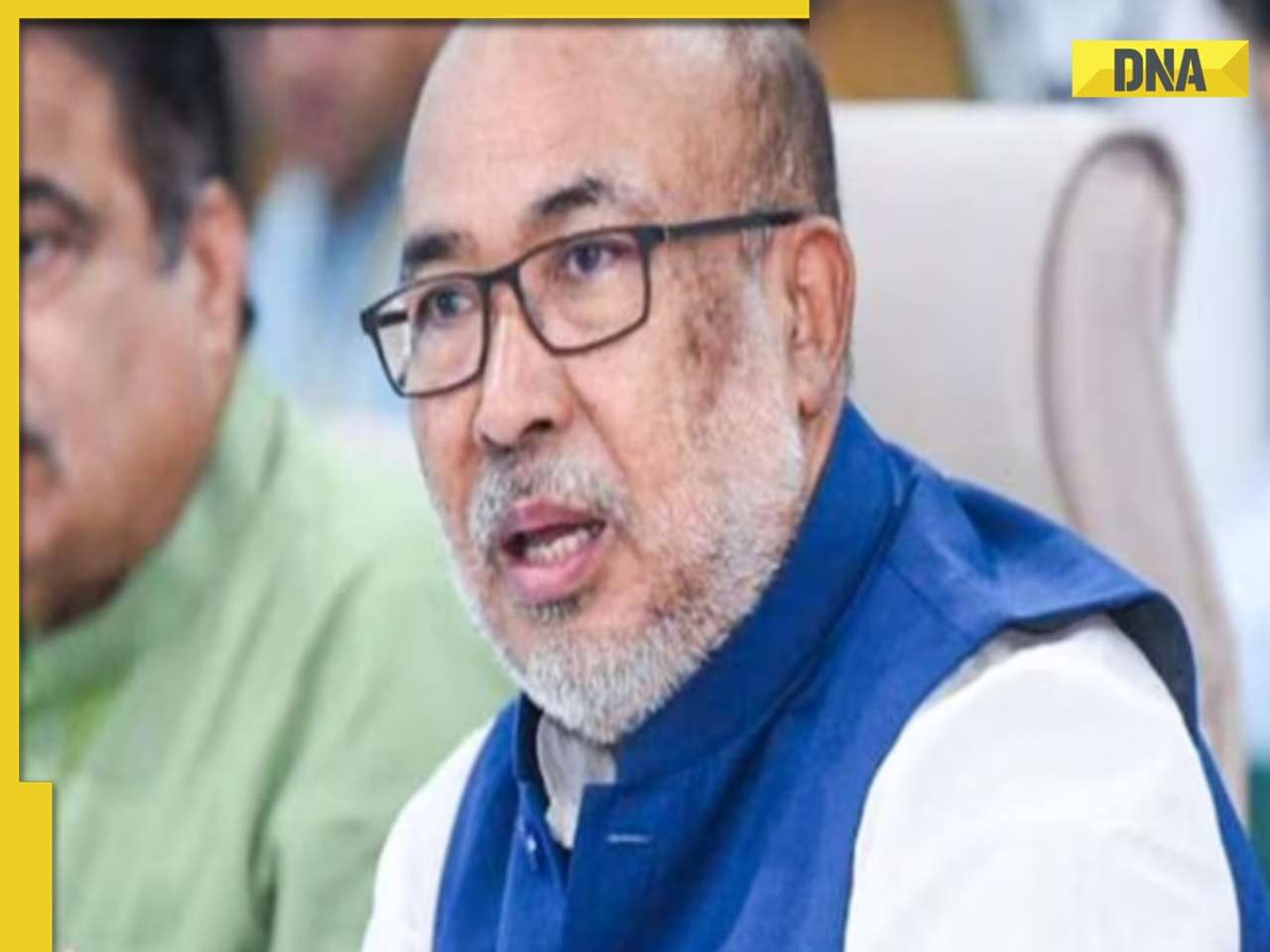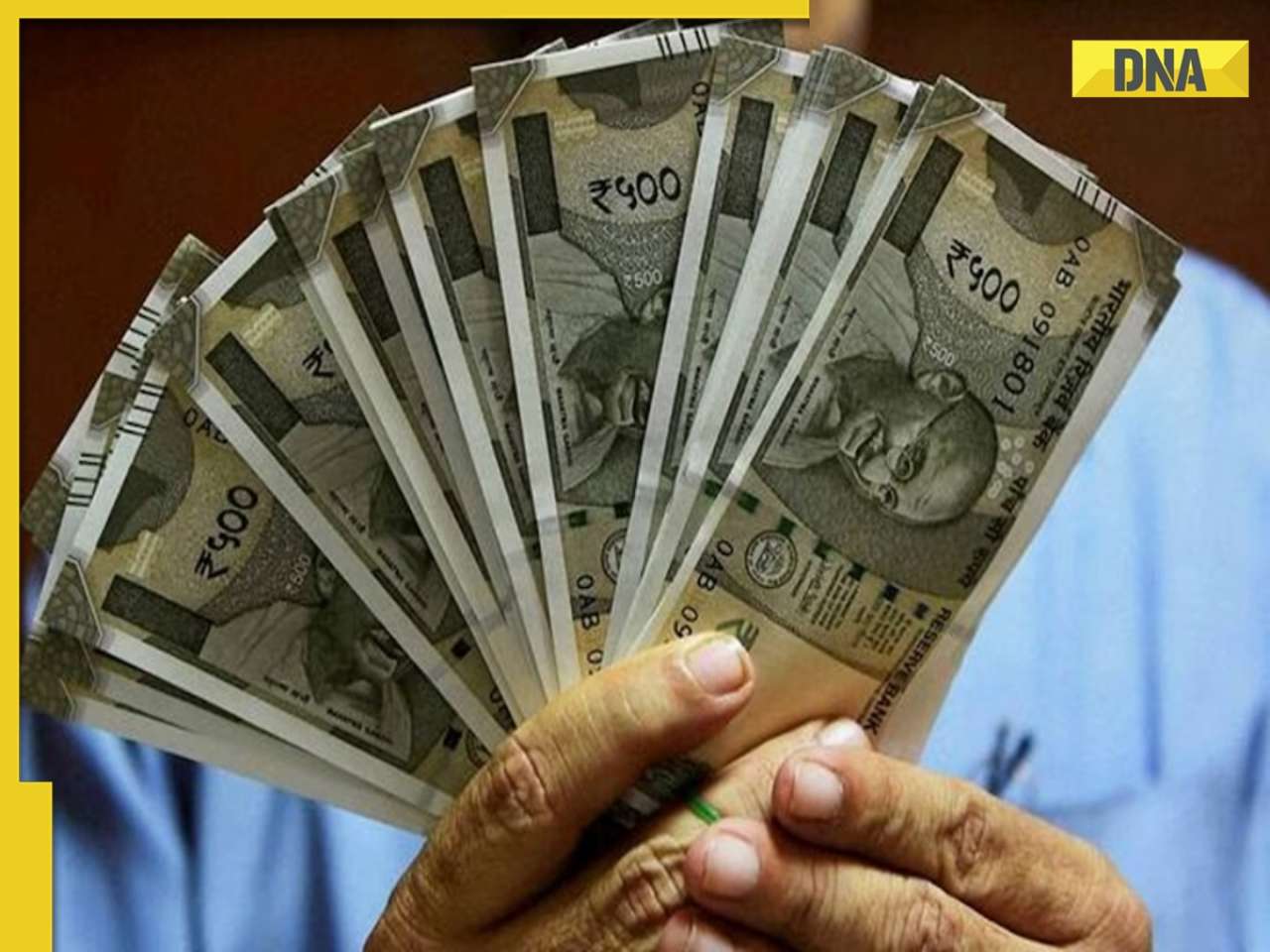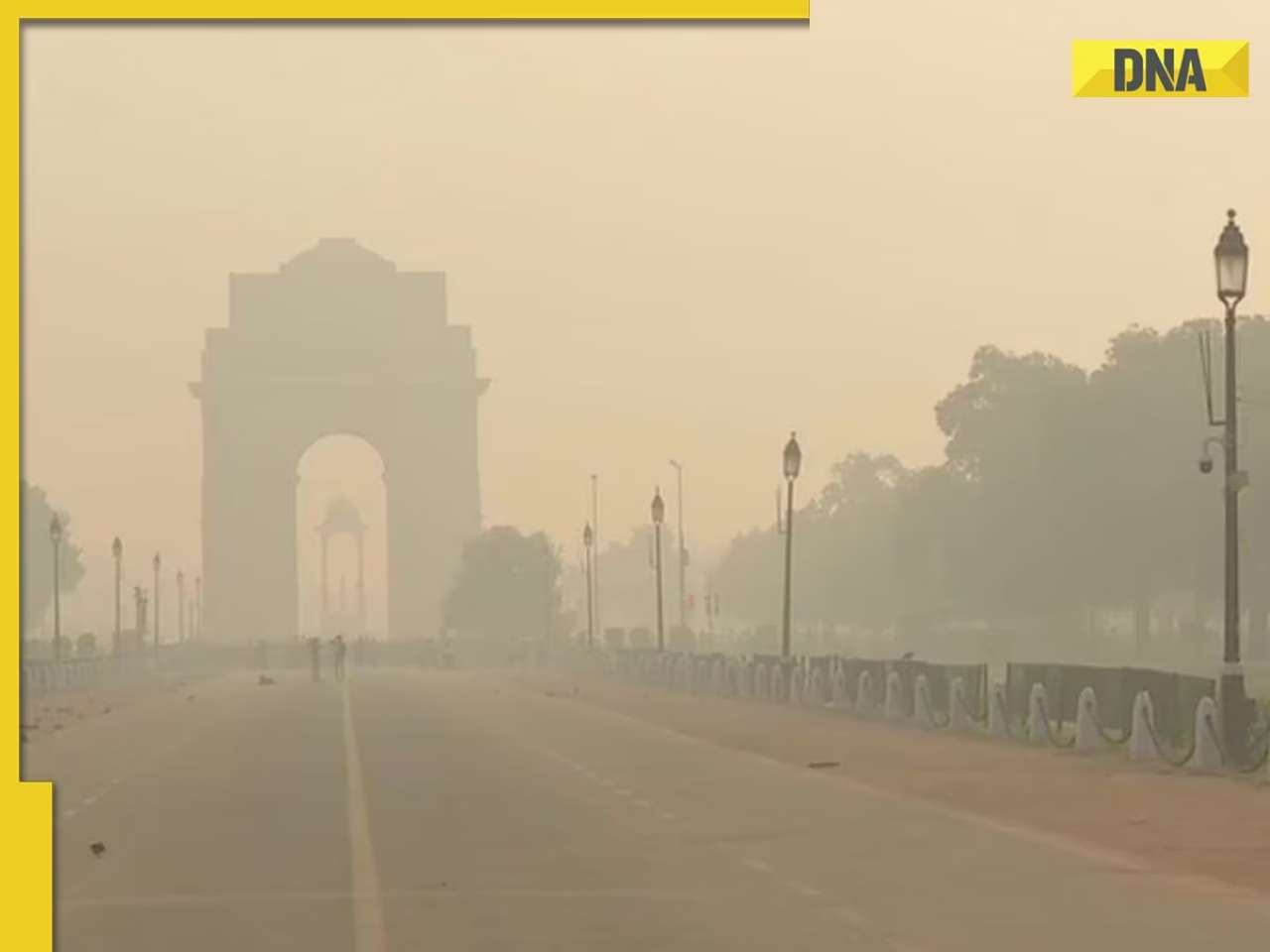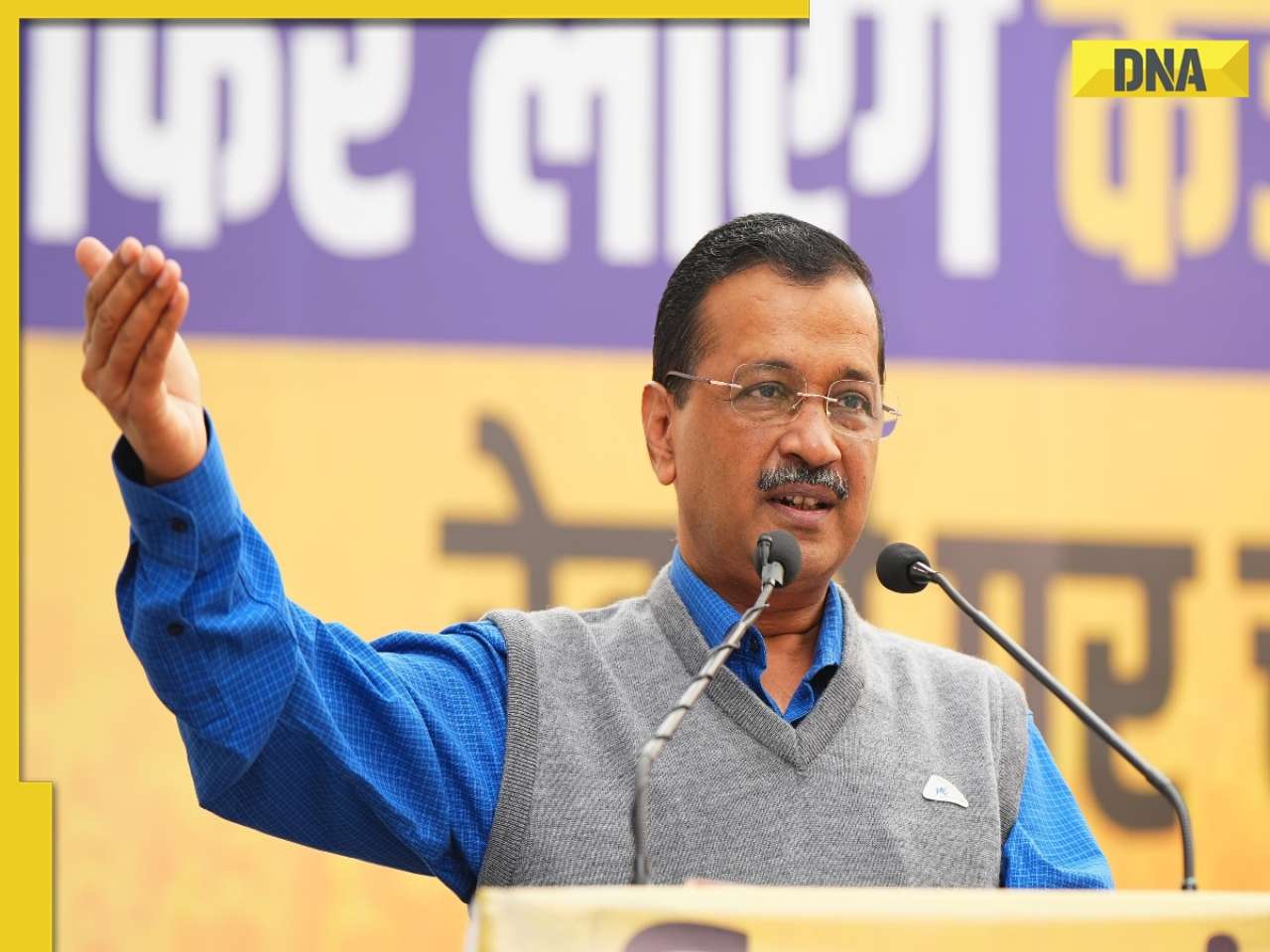- LATEST
- WEBSTORY
- TRENDING
INDIA
‘The Intelligence Bureau was closer to MI5 than to Nehru’
Christopher Andrew, Cambridge historian, tells DNA how the heads of India’s Intelligence Bureau were more in tune with MI5 than with Nehru’s foreign policy
TRENDING NOW
We may fret and fume all we want over a Madhuri Gupta passing on state secrets to the ISI; but even as far back as in the 1960s, India was thoroughly infiltrated by a foreign secret service, the Soviet Union’s KGB.
In an exclusive interview, Christopher Andrew, Cambridge historian and author of The Defence Of The Realm, the authorised history of the British security service MI5, tells DNA how the heads of India’s Intelligence Bureau were more in tune with MI5 than with Nehru’s foreign policy.
How has the nature of a spy’s work changed in the last 100 years?
Espionage is an age-old craft based on certain skills, but it’s only in the 20th century that there was an attempt to set up major intelligence organisations with qualified people.
The technologies used have changed, as has the scale of the organisations. But the basic skills — of identifying secrets that other governments don’t want you to know, secrets that terrorist groups don’t want you to know — haven’t changed.
How close is the life of a real spy to that portrayed in popular fiction or films?
The interaction between fact and fiction has been more interesting than has been realised.
For instance, about half the reason for setting up MI5 and MI6 before World War I was that spy novelists were so successful that they persuaded the public and the media that Britain was being overrun by German spies!
Besides, intelligence is the only profession in the world where a fictional character is at least 100 times better known than anybody who works or has worked in the field: a great majority of the world’s population has seen James Bond films.
In my book, there is a picture of MI5’s first double agent, Christopher Draper, flying under a London bridge — even James Bond never did that. This man, by working as a double agent in Germany during WW II — that is, by working for German intelligence while actually working for MI5 — achieved something crucial: he discovered the addresses which were being used by German intelligence in their dealings with their foreign agents. It was with that information that MI5 began to construct the most successful system of deception in the history of warfare: the double cross system.
MI5 left a liaison officer in independent India post-1947. What was the need?
Well, it was part of a broader pattern of British decolonisation that began in India. In most cases, the government of the newly independent country is willing, and some are actually anxious, to have an MI5 representative.
What strikes me about the MI5 relationship with India is how close it was. The MI5 representative and the first head of the intelligence bureau in Delhi, TG Sanjeevi, worked very well together. Amongst a host of other things, they shared a significant distrust of Krishna Menon. The relationship between Sanjeevi’s successor, BN Mullick, and the heads of MI5 were based on close personal friendship. At least in Mullick’s time, the head of the Indian intelligence bureau was in greater sympathy with the head of MI5 than with the Nehru government.
How can you say that? Can you elaborate?
For instance, the IB office in Delhi asked MI5 to send someone who is a specialist in following the payments made by Moscow to communist parties across the world. All the statistics, including those pertaining to the Communist Party of India, were released sometime back in Moscow and it is possible to see the exact figures. Mullick actually asks MI5 to come over and have a look at the records that the IB has collected on the Moscow subsidies to the Communist Party of India.
Another instance is the Suez crisis in 1956. The ignoble attack on Egypt by the UK, France and Israel was rightly denounced by Nehru, but he did not denounce the crushing of the Hungarian people’s uprising by Soviet tanks, which happened in the same year. But Mullick and the leadership of MI5 had similar views on the USSR’s crushing of the Hungarian people’s uprising in 1956, and they were views that were very much at odds with Nehru’s foreign policy on the matter.
In your book, you quote a Russian agent, Oleg Kalugin, as saying that India was a model of KGB infiltration of a third world government. Would you agree with his assessment?
In the period Kalugin is talking about, which is the late 1960s, early 1970s, the KGB was actually carrying out more active measures and influence operations in India than probably just about anywhere else in the world, and they regarded all these as successes. If you also track the records of some of the people who subsequently rose to the top of KGB foreign intelligence, that tells you the story — they rose in the KGB hierarchy on the basis of their successes in India. The last head of foreign intelligence in the KGB, Leonid Shebarshin — where did he make his reputation? He made it as the head of KGB operations in India. Kalugin was also extremely well informed. He was, in the early 1970s, the youngest general in KGB foreign intelligence.
How would you characterise the major changes in espionage after the end of the Cold War?
As far as MI5 is concerned, they are straightforward. When it was founded 100 years ago, it was solely a counter-espionage operation. MI5 nowadays spends only 3.5 percent of its budget on counter-espionage. Now, this doesn’t mean that espionage is not going on. The two countries who conduct the greatest amount of espionage in the UK are Russia and China. But it no longer poses the threat that it did, since there is no conceivable prospect of a war between the UK and either Russia or China. The espionage doesn’t threaten national security in the way that it did when it was entirely conceivable that the Cold War would turn into a ‘hot war’ — that’s the major change.
The other change has been with counter-terrorism. In the 1990s, the IRA was a greater threat to mainland Britain than it had ever been before. And just as the Belfast Agreement was being signed in 1998, Islamist terrorism suddenly appeared as a serious threat. Today, the focus is much more on counter-terrorism than on counter-espionage vis-a-vis other countries.
Will the increasing powers being given to the intelligence establishment, often at the expense of citizens’ rights, lead to abuse of human rights?
What one needs is an intelligence community regulated by law. The security service in the UK had no clear legal basis until 1989, when the Security Service Act was passed. Secondly, when in the name of national security, a state puts people under surveillance, there needs to be a clearly established procedure. Usually, the security service has to apply to the home secretary for a warrant which would allow it, say, to tap people’s phones. In the last resort, the responsibility lies with the parliament and parliamentary committees to ensure that, as far as possible, the rule of law is being observed.
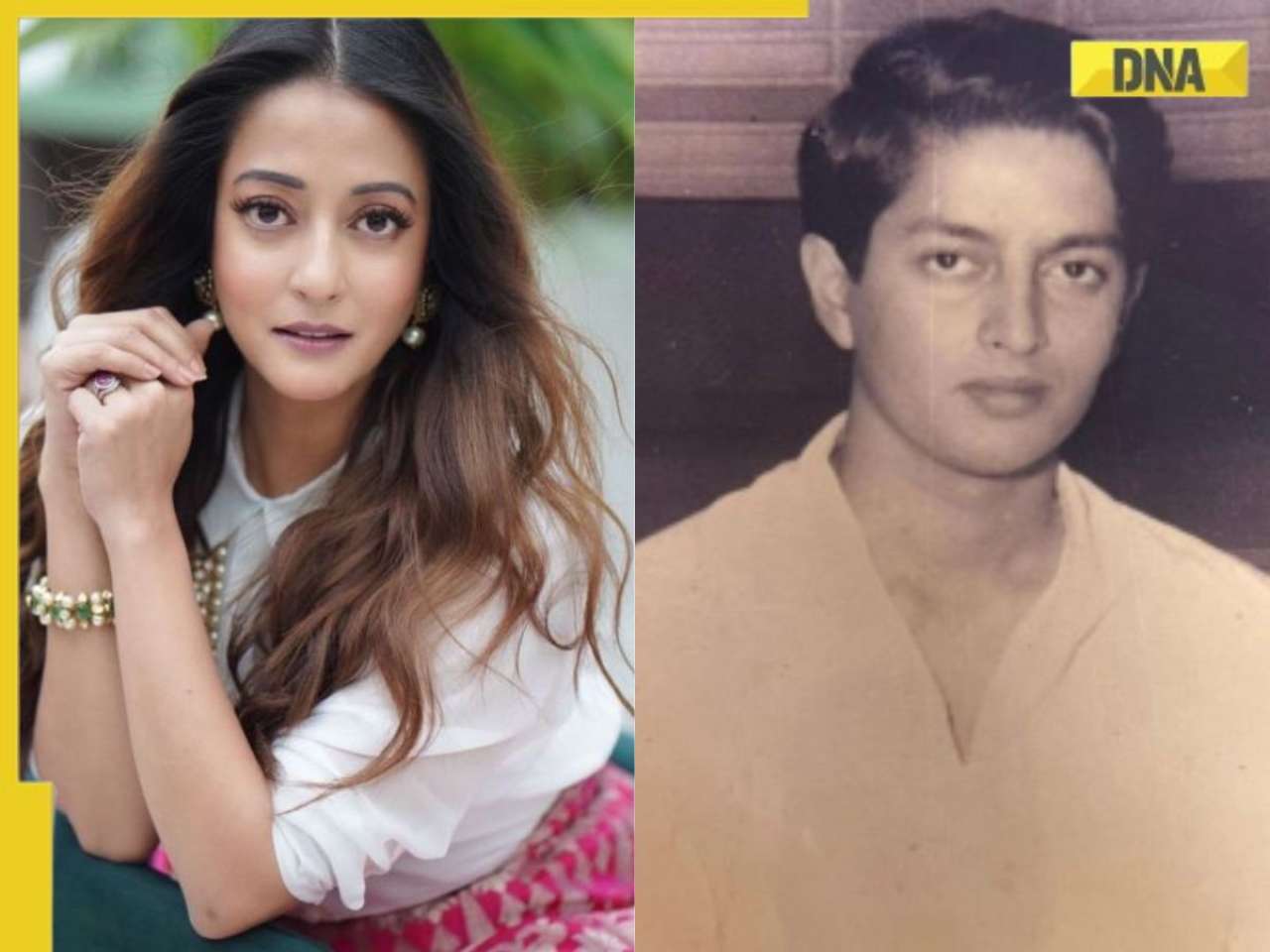
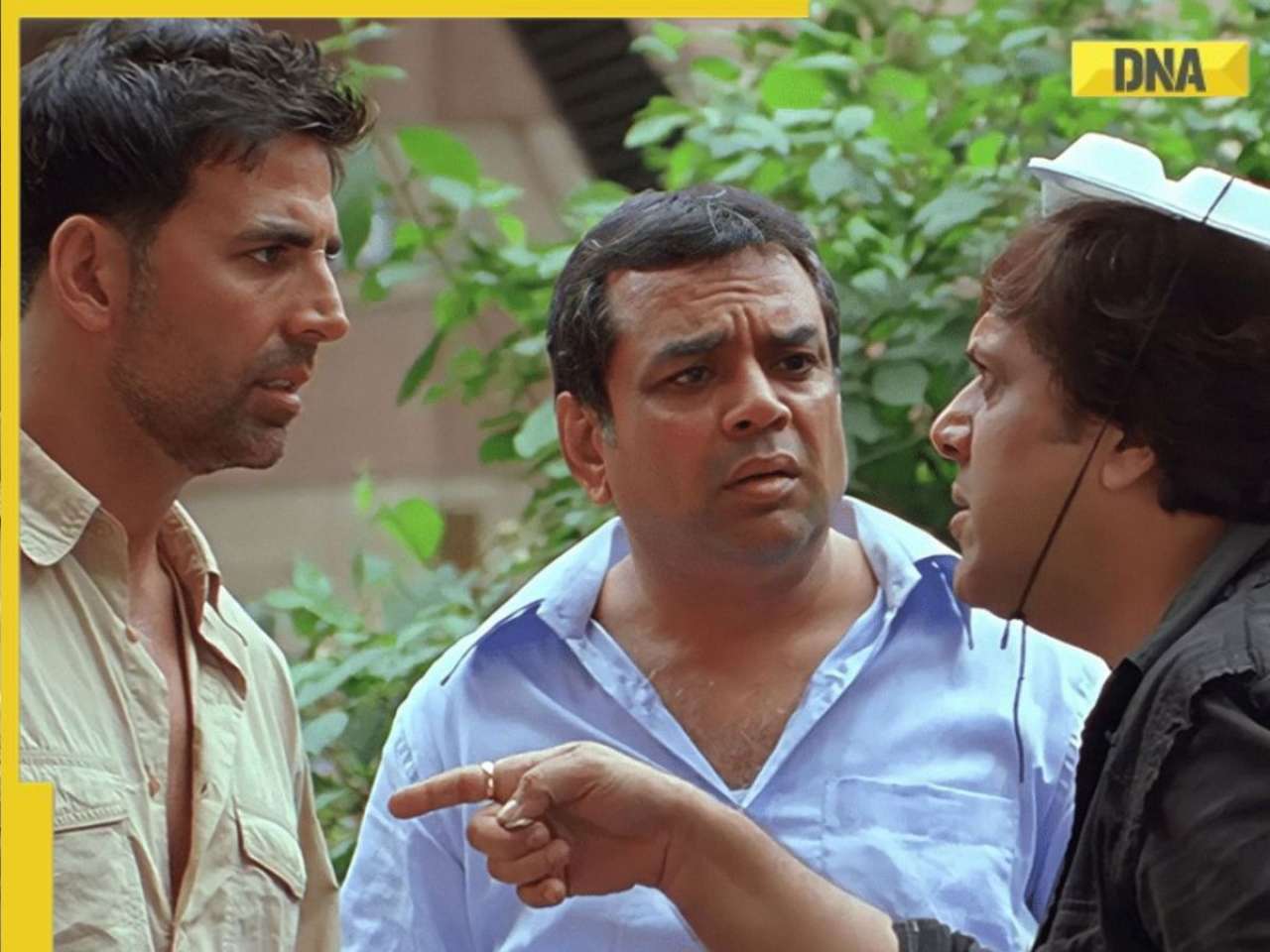






)
)
)
)
)
)
)
)
)
)
)
)
)
)
)







